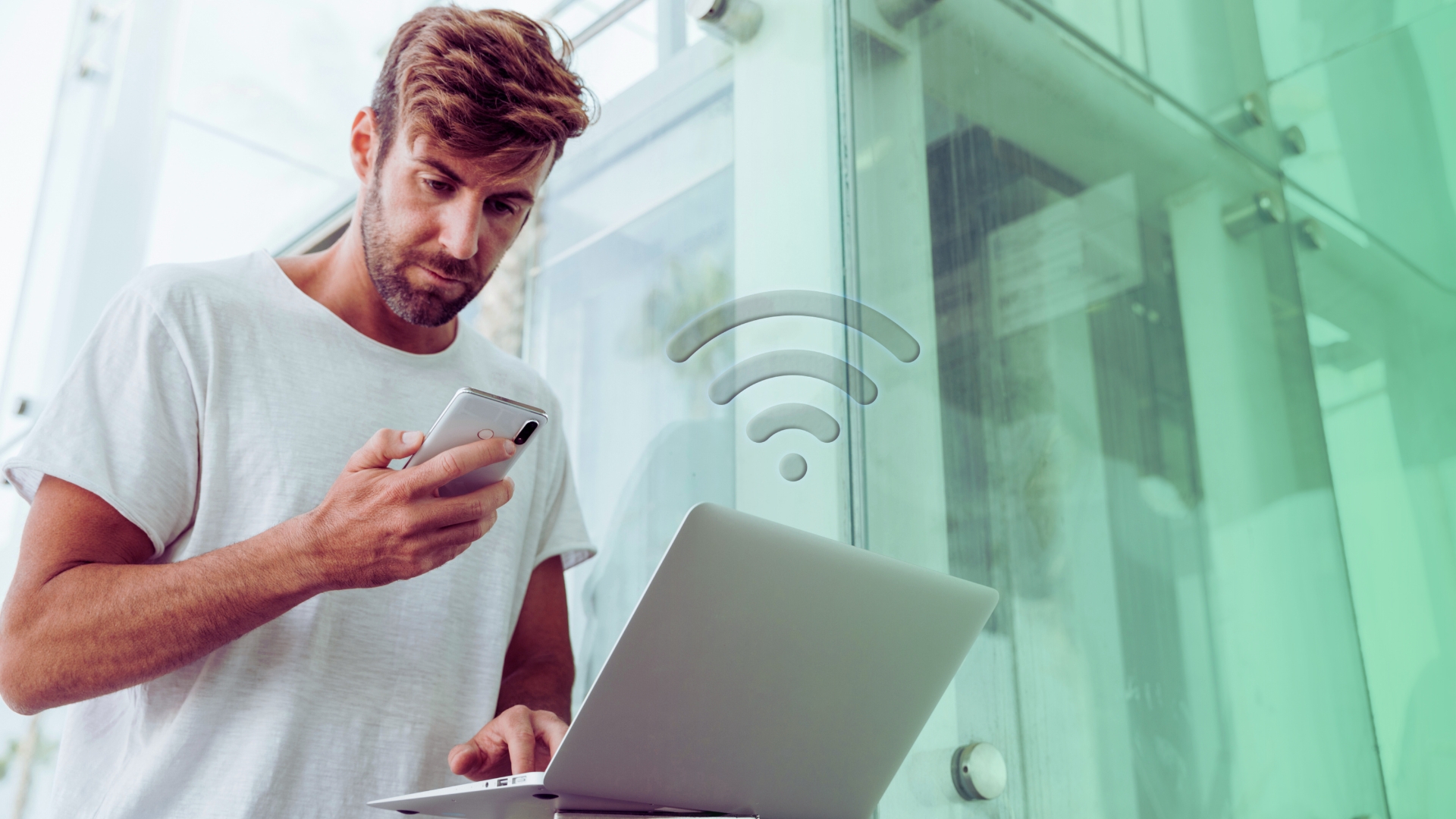From a security standpoint, VPNs (Virtual Private Networks) are a no-brainer. The whole world is connected these days, we are reliant on the internet for practically every part of our lives – but so much of IT is still a digital jungle, where hackers can very easily sneak into vulnerable networks from anywhere and wreak as much havoc and steal as much sensitive data as they like.
The solution? Well, instead of floundering around helplessly in full site of potential adversaries in public networks, why not switch to a private network instead?
Look at IT this way. Public networks are literally a cesspool of spoofing, spam, Honeypot and Firesheep attacks. If your business requires employees to sometimes work remotely (and, let’s face it, nearly every business these days is not entirely centralised – even if you’re the boss, you will still no doubt want access to some pretty important stuff while you’re at home), they will sometimes need to access sensitive data that is stored on your organization’s private servers. But, doing so on a public network – such as a café’s Wi-Fi hotspot, for instance – puts that data, and therefore your business and your job at risk.
The beauty of implementing a VPN is that this risk can be significantly diminished. VPNs allow users to access a private network securely and then share data through public networks. They work in a similar way that a firewall does on your computer – firewalls protect your data on your computer, and VPNs protect your data online.
Why VPNs Are So Great
There are many reasons, but here are the best ones:
- Secure connection to a remote network via the internet: Companies mainly implement a VPN so that their employees can always have remote access to any files, printers, applications, etc. on the office network, without ever having to compromise on security.
- Connecting Multiple Networks: VPNs can also ensure the secure connection of multiple networks. Larger companies especially enjoy this service, though SMEs also benefIT as well. VPNs are relied upon to share servers and other resources among multiple stores or offices around the world if necessary. Even if a company doesn’t have multiple offices, the same ‘trick’ can be utilised to connect multiple home networks if, as is becoming the increasing trend, you have employees who work from home or what have you.
- Privacy: Connecting to an encrypted VPN whilst you’re on an untrusted public network – a hotel Wi-Fi hotspot, for instance – is a very smart practice in security. The VPN will encrypt all of your internet traffic, and therefore help to stave off anyone who might be attempting to spy on what you’re doing via the Wi-Fi and possibly steal your passwords.
VPNs are very popular in business for their security capabilities. Since VPNs use a brilliant combination of encryption protocols and dedicated connections, even if a hacker did actually manage to sneak in and siphon off some data, they still wouldn’t be able to gain access to IT because of the encryption.
Choosing The Best VPN
There are many types of VPN, but the very best are the ones that offer the most favourable balance of server location, features, connectivity protocols, and of course price. Here’s a list of what you should look out for when choosing a VPN:
- Protocol: Each protocol comes with its own advantages and drawbacks. Most private users don’t really need to be too concerned, as nearly all will provide a secure connection. However, SMEs and corporations should really be using IPSec or SSL clients.
- Logging: Every time you connect with your VPN, you are placing your trust in the VPN service provider with you sensitive data. While it’s true that all of your communications will be secured from any eavesdroppers, other systems on the same VPN, however, can actually log any of your data if they so choose – especially the operator. This may very well be an issue for you, and so, before signing up to a service, you need to be absolutely 100% crystal clear about your provider’s logging policies. There are many VPN companies who do not log your activities when you’re connected, and, frankly, there are just as many that do. Take a look at this article from TorrentFreak for a full list.
- Anti-Malware and Spyware Features: Just because you’re on a VPN doesn’t mean that you’re invulnerable to attack. Therefore you must make sure that whatever provider you go for offer anti-malware and spyware protection while you’re connected.
- Price: Some VPN providers are free to use. However, these ones are far more likely to log your activities and may well even bombard you with adverts while you’re connected – not to mention some rather shoddy commitments to your privacy. Really, then, you’re much better off parting with some cash and paying for a decent service. Some will still log your data, so you will have to do your research before committing. However, you will be able to take advantage of a free trial in most cases, so you’ll have a chance to test the waters and find the best one for you.
Are you considering a VPN solution? Get in touch with us here at V&C Solutions to find out how we can help you do just that.





